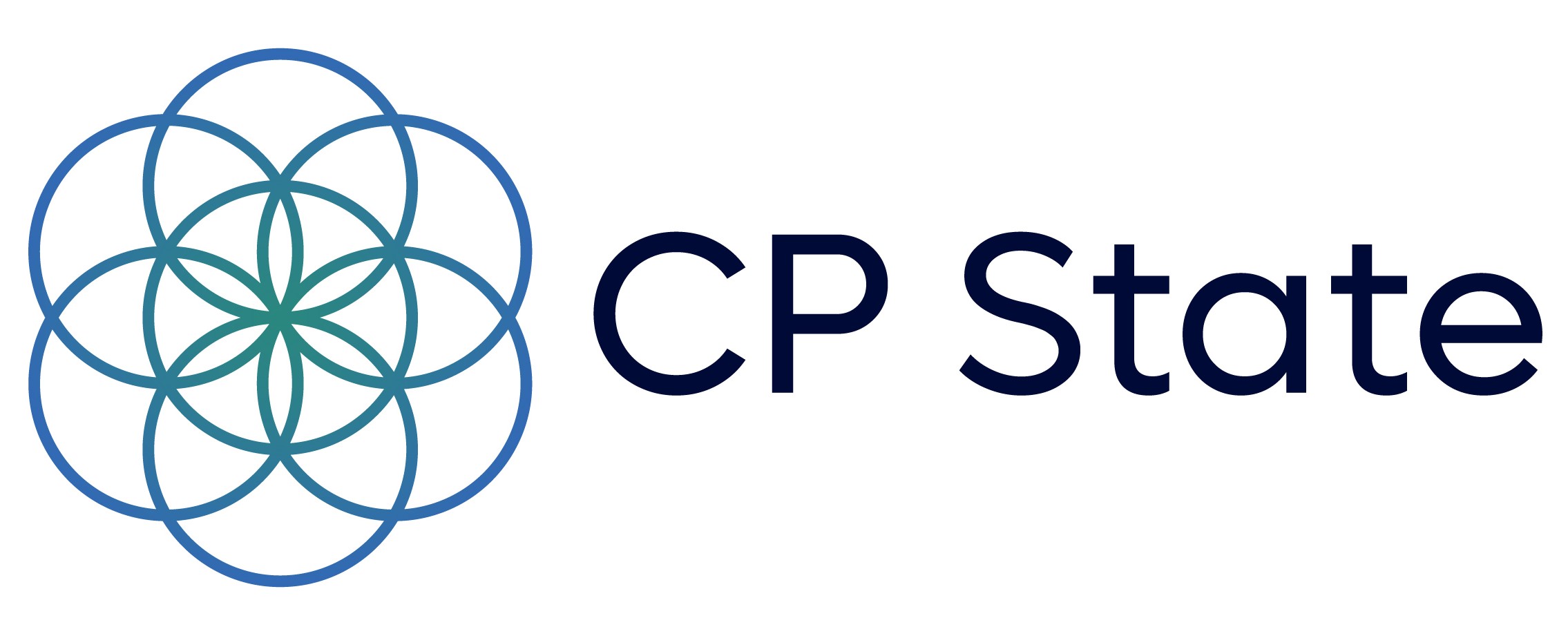28 Jun Study: Intensive Therapies help children with spastic CP
In a landmark research study on eighty-two children with spastic cerebral palsy (CP) on one side of the body, researchers at Burke Neurological Institute, Teacher’s College-Columbia University, and Weill Cornell Medicine learned that two intensive training therapies improved hand and arm function, allowing children to learn new, long-term life skills regardless of how the injured brain had re-wired itself.
The study represents a significant breakthrough in the treatment of CP, the most common movement disability in childhood (cdc.gov). CP is caused by damage to the developing brain before, during or shortly after birth. It affects a person’s ability to control his or her muscles and often leads to impairments in mobility or movement. In children with unilateral spastic CP, one side of the body is most affected.
The study focused on children who received either HABIT (Hand-Arm Bimanual Intensive Training) or CIMT (constraint-induced movement therapy), two upper body therapy techniques that have been found to be effective in teaching new skills to children who have CP. The therapies were given by trained therapy teams during a ninety hour, three-week long “day camp” setting (six hours per day, five days per week). The study demonstrated that both intensive therapies can lead to long-term improvements in hand and arm function in children with CP, regardless of how each child’s brain was wired.
Allie’s mom, Danielle Fowler, also recalled Allie’s progress. “It was amazing to see my daughter’s hand function improve so dramatically during the trial, especially after her progress had plateaued in a traditional occupational therapy program. She was able to master some tasks that she had previously struggled with, and she had a lot of fun while doing it.”
Contact: Christine E. Hughes, VP of Advancement, Burke Neurological Institute
Phone: (914) 368-3142 | Email: chh2038@med.cornell.edu | Website: burke.weill.cornell.edu
Contact: Kathleen Friel, Ph.D, Lab Director, Burke Neurological Institute
Phone: (914) 368-3116 | Email: kaf3001@med.cornell.edu | Website: burke.weill.cornell.edu
Contact: Andrew M. Gordon, Ph.D., Professor of Movement Science and Neuroscience & Education, Teachers College, Columbia University
Phone: (212) 678-3326 | Email: ag275@tc.columbia.edu | Website: www.columbia.edu
